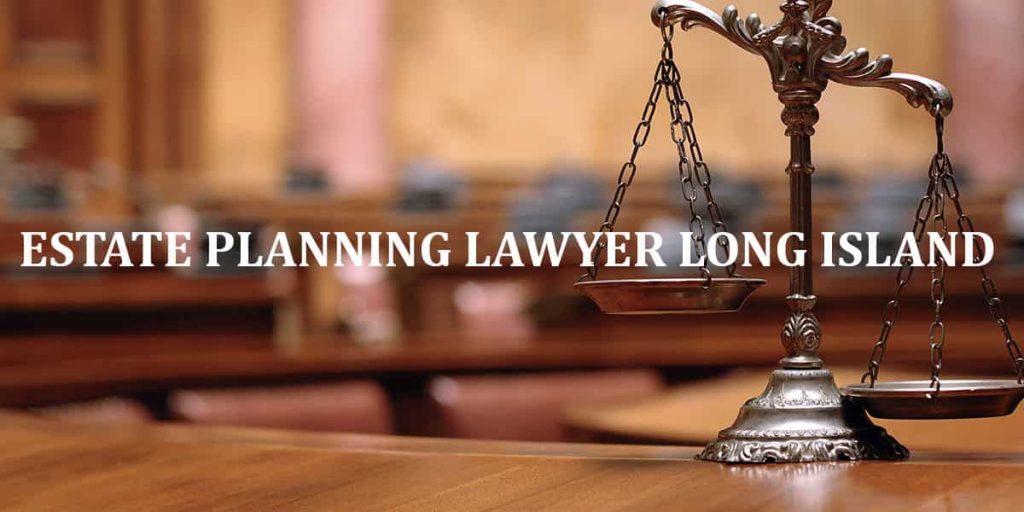ESTATE PLANNING LAWYER LONG ISLAND
Planning you estate does not only get you covered and give peace of mind, it is as well a form of protection for your family, loved ones from financial decline and asset loss. Estate planning is a process of making many important decisions and plans over your future and that of your loved ones. Estate plans, concerns what happen to your assets, finances both while you are alive and well or dead, how you want to share your assets to family, children or spouse, who takes over making certain important decisions for you in cases of mental incapability and lastly transfer of ownership of a property. However, it is a wise decision to plan with an estate planning lawyer Long Island.
Make your estate plans legal with this estate documents.
An estate planning lawyer Long Island, can provide the necessary documents in the form of wills and testament, living trust, that would help protect your interest.
Last Will and Testament
A last will and testament is a legal document which bears your demands as to the distribution of your assets when you pass away. The estate planning will offer crucial advice and guidance in writing your will so as to avoid costly mistakes that may arise when you do it in ignorance. Such mistakes could render your will invalid when it is probated in a law court. Having an invalid will simply means your loved ones will not inherit the exact portion of the estate which you want them to have. Also, writing your will in an improper manner may lead to a will contest during the probate process.
Living trust
Living trust forms the bases of how your estates are shared or given to beneficiaries. Living trust is also used to dictate and implements what happens to your assets and estate when you die as well as assigning a trustee to make certain financial or medical decisions for you when you are mentally incapable.
Having a living trust also becomes important when you desire to transfer all your wealth to a loved one (known as the trustee). Such action will invariably lead to the preservation of your financial legacy. You can do so through the revocable living trust or the irrevocable living trust.
Making a decision between a Trust and a Will comes down to personal decisions on your estate plan. There are various types of trust, but majorly the irrevocable and revocable living trust.
- A revocable living trust is a legal entity created to hold the ownership of an individual assets. A revocable living trust covers three phases of the trust maker’s life; mainly while he is alive, possible incapacitation and what happens to his estate after his death.
- An irrevocable trust is a trust document that is filed, established and implemented while the trustier is still alive. This type of trust are irrevocable and are permanent so that the trust once funded is no longer in the possession of the trustier.
It is important to note that living trust is a more flexible and complete document when it comes to planning your estate. It help keep your estate plans secrets even during its implementation.
Other benefit of living trust over will are:
Legality and permanency: with a living trust, the transfer of ownership of an asset or possession can be done permanently. Also, the process of transfer of ownership of an estate is done legally, and the trust maker get to see that this is properly done.
Avoid excessive taxes: this is another important reason for establishing a trust. Under the IRS law, the only trust that avoids estate taxes is the irrevocable trust. The reason is that the property no longer belongs to the original trust maker.
Avoiding probate: probate is a court supervised process of transferring assets from of a deceased to the beneficiaries. A revocable living trust doesn’t require probate because the assets has been placed into the trust before the death of the trust maker. Once the assets has been transferred into the trust they will not be considered part of your estate and will not be subject to probate.
Contact an estate planning lawyer long Island today.











